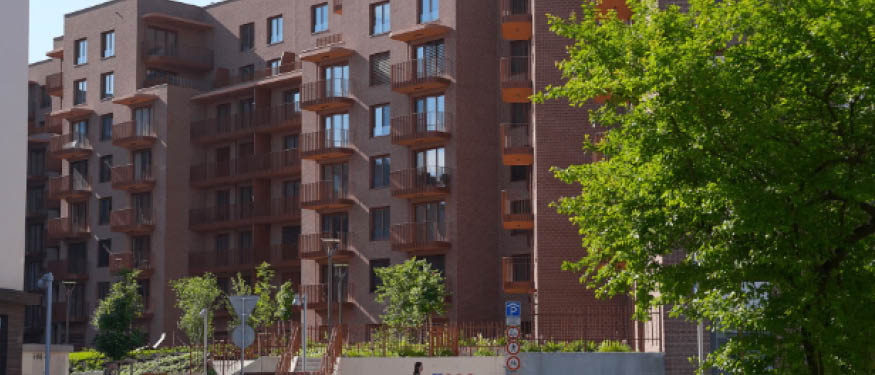As a developing country and a candidate state for the EU and NATO, Montenegro has done a great deal to establish an effective legal and institutional framework in many areas.
In this regard, the Montenegrin government has recognized that direct foreign investment is a significant contributing factor for future growth and development. Hence, certain procedures, including those related to the acquisition of title to real estate by foreigners, have been simplified and made available to foreign persons and legal entities interested in investing or incorporating company branches in the country.
Proprietary rights in Montenegro are regulated by the Law on Proprietary and Ownership Rights, which prescribes as a general principle that foreigners may acquire immovable property under the same terms as Montenegrin citizens.
In accordance with the Law on Foreigners that entered into force on November 1, 2015, in order to determine the type and value of the real estate owned by foreigners, the Montenegrin Government has adopted a Decree on Establishing the Value of Real Estate Owned by a Foreigner in Montenegro.
Furthermore, the Law on Foreigners prescribes that foreigners who own real estate in Montenegro such as family houses, villas, restaurants, residential and commercial buildings, apartments, and business premises are eligible for Temporary Residence Permits and then, if they have spent 183 consecutive days in the country, to become tax residents of Montenegro.
The Law on Proprietary and Ownership Rights restricts the right of foreigners to acquire certain ownership rights. These restrictions apply to natural resources, goods in general use, agricultural land, forest and forest land, cultural monuments of great and special importance, immovable property within one kilometer of a border and islands, immovable property which is located in an area critical to the interests and security of the country, and other areas which may be legally designated as impermissible for foreign persons to own.
As an exception to these limitations, foreign persons may acquire rights of ownership in agricultural land, forests, and forest land with an area of 5,000 square meters or less, but only if the subject of the contract on transfer (via purchase, gift, exchange, etc.) is a residential building located on the property.
It is important to note that if real estate is acquired for the purpose of doing business and making income instead of habitation, then these activities have to be performed via legal entity registered in Montenegro. Foreign legal entities are given an option to establish either a Limited Liability Company or a Joint Stock Company.
Acquisition of property is defined as: buying, selling, exchanging, inheriting, gifting, entering and withdrawing property of the company, obtained via liquidation or bankruptcy procedures or via a decision of the court or other competent authority, among other means.
Montenegro regulations require that a contract involving the acquisition of real estate must be signed by both contractual parties or by their authorized representatives. This contract must be executed in the form of a public notary deed at the Public Notary Office with jurisdiction for the municipality in which the subject property is located. Costs related to the preparation of the contract are prescribed by the tariff that applies to public notaries, and they depend on the value of the real estate that is the subject of the contract. In this phase, an administrative tax for filing a request to change ownership must be paid by the buyer to the Real Estate Administration.
Once legal ownership is confirmed, the competent authority of the local government determines the value of the property. The buyer is then required to pay a property transfer tax determined by the Law on Real Estate Transactions Tax at a flat rate amounting to 3% of the tax base.
The law prescribes annual taxation of real estate in private ownership, and taxpayers are defined as individuals who are inscribed as owners in the Cadastre of Immovable Property or other relevant real estate records on January 1 of the year for which the tax is determined.
With Montenegro’s infrastructure developing rapidly to service the most sophisticated clients, from super yacht marinas and five star hotels to international airports providing flights to many European capitals, there is a growing interest in Montenegrin property, which is an increasingly attractive real estate investment opportunity.
By Jelena Vujisic, Partner, Vujacic
This Article was originally published in Issue 3.2 of the CEE Legal Matters Magazine. If you would like to receive a hard copy of the magazine, you can subscribe here.
















